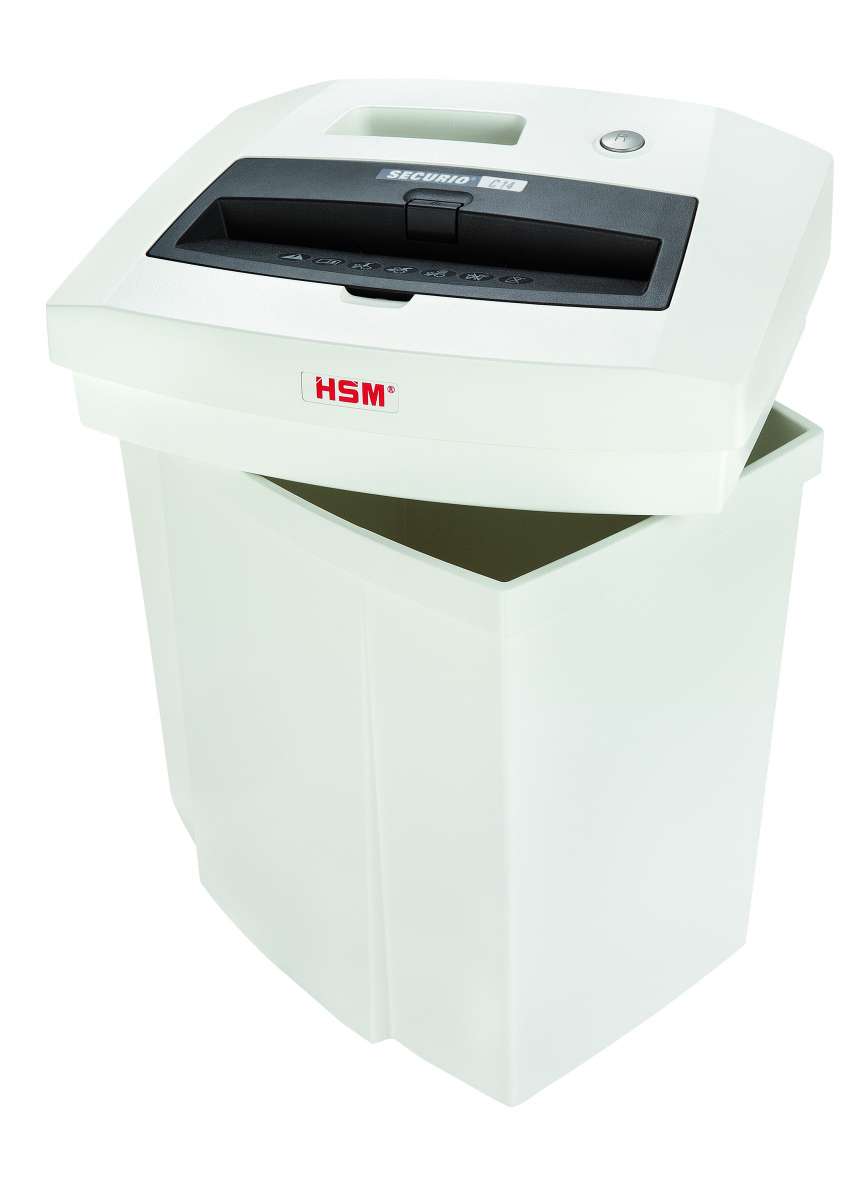
It emerged as an issue in the Senate investigation of the 1972 Watergate break-in. Shredding has a colorful history going back long before the buzz of the personal shredder came into millions of American homes and workplaces. He said he occasionally tears up documents but has never owned a shredder. How often do you need the damned thing?” scoffed Celente.


“This is the office equivalent of the electric can-opener. I have these sensitive documents here that I have to tear up in little pieces because people want to know what I’m thinking,’ ” said Gerald Celente, director of Trends Research Institute, a consulting and publishing firm. “The shredder is another level of, ‘Look how important I am. A good car is not just one you go to the office with, but also one you can show off.”Īnd how might a personal shredder feed an ego? “That’s what makes for a successful product: when you can satisfy more than one need at a time. “There’s nothing that people do that has a one-line explanation,” said social psychologist Mihaly Csikszentmihalyi of the Claremont Graduate University. The agency, however, has never found a shredder safety defect worthy of a product recall.)īehavioral experts say there might be other, more personal explanations for the urge to shred: a touch of paranoia, or a desire to feel important.

Consumer Product Safety Commission says it has received isolated reports of shredders catching fire and of people being cut or bruised in shredding accidents. Then again, it can’t hurt-at least, that’s the calculation buyers make. More important, perhaps, the shredder gives people the feeling that they have regained some ground in a heretofore losing battle to keep their private information private.Īlthough many privacy advocates recommend shredding, there are so many other ways to get information on people nowadays that turning your bills, credit card slips and bank account statements into confetti every month may not be accomplishing much.


 0 kommentar(er)
0 kommentar(er)
